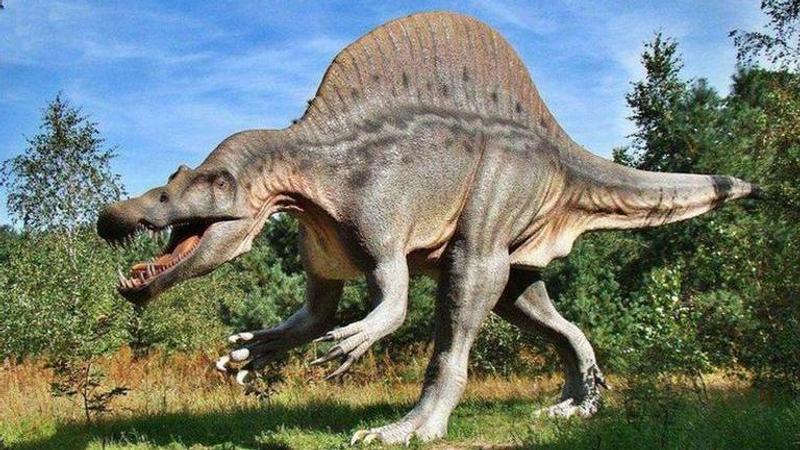Published 14:28 IST, March 31st 2021
Excessive CO2 release from volcanoes played a part in dinosaur extinction: Study
While the extinction of dinosaurs is largely blamed on an asteroid collision, a team of experts have now claimed that volcanoes played a part too.

Advertisement
While the extinction of dinosaurs is largely blamed on a colossal asteroid collision, a team of experts has now claimed that catastrophic volcanic activities also played a part. In a research published in Proceedings of the National Academy of Sciences, experts stressed that the release of harmful gasses from a volcano in India resulted in the species’ disappearance.
For this purpose, they collected samples from the Deccan Traps, an igneous province of west-central India that was once a massive lava field. In the aftermath of their analysis, they concluded that intense volcanic activity that jolted the area, tens of thousands of years ago could be a plausible cause of the extinction. If the volcanism theory was true, the amount of CO2 released by the volcanic activity would have been massive, flooding the atmosphere with the gas and causing global temperatures to rise as a result. Experts further touted that even a change of a few degrees would have been enough to trigger a chain reaction that caused the food chain to collapse.
'Not strong enough'
Experts also examined the “frozen” magma samples trapped in crystals to gauge the amount of CO2 that could have been released during eruptions in Deccan traps. In the aftermath, the team said that the CO2 released by the volcano wasn’t enough to raise the global temperature dramatically, concluding that asteroid collision was the more likely cause of dino-disappearance.
“Our lack of insight into the carbon released by magmas during some of Earth’s largest volcanic eruptions has been a critical gap for pinning down the role of volcanic activity in shaping Earth’s past climate and extinction events,” Professor Benjamin Black, principal investigator of the study, said in a statement. “This work brings us closer to understanding the role of magmas in fundamentally shaping our planet’s climate, and specifically helps us test the contributions of volcanism and the asteroid impact in the end-Cretaceous mass extinction.”
(Image Credits: RepresentativeImage/Unsplash)
Updated 14:28 IST, March 31st 2021



